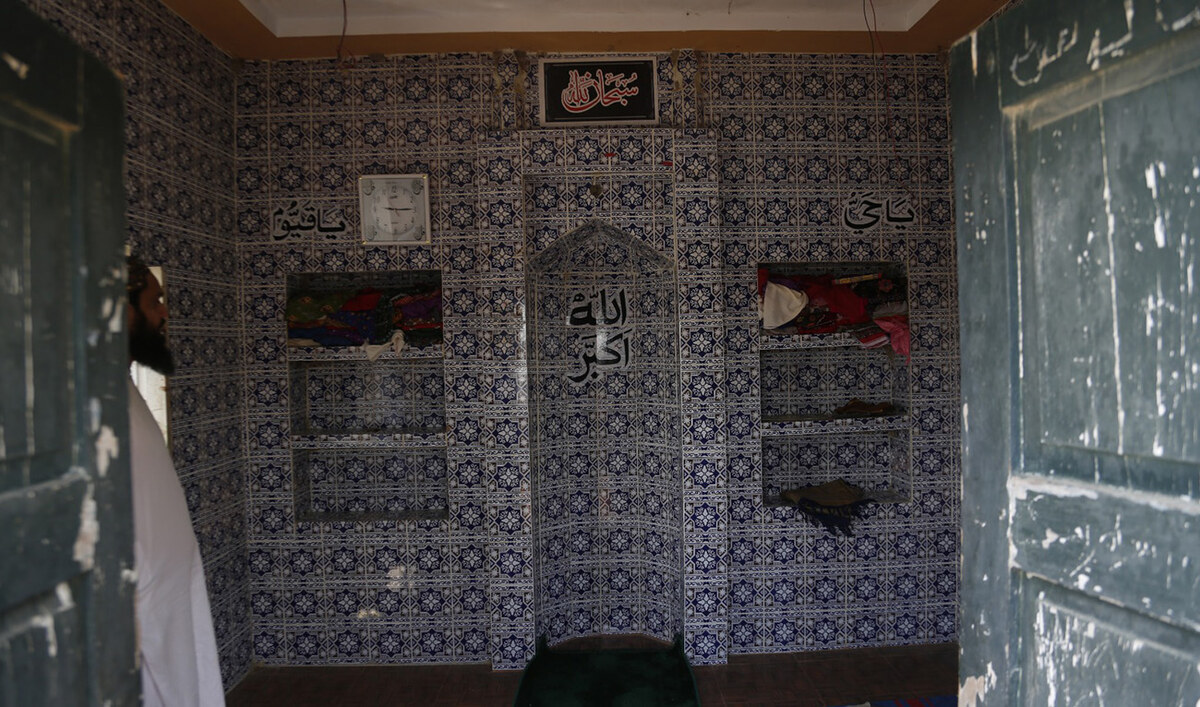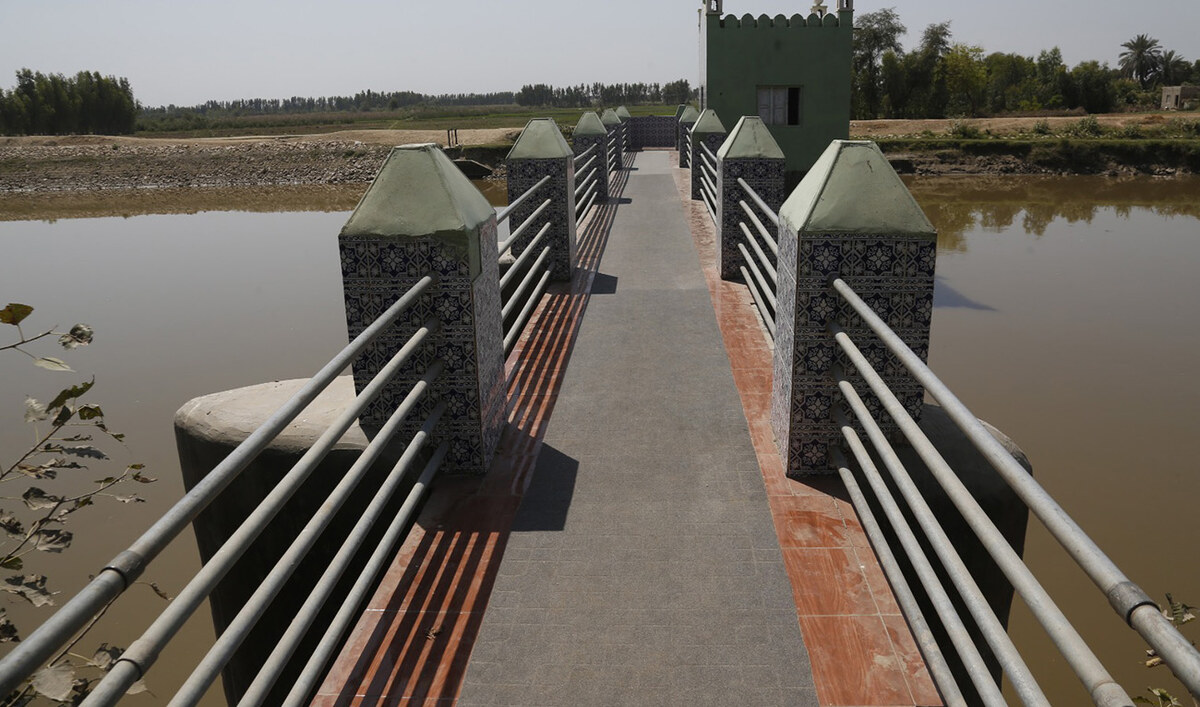DUBAI: Pakistan and India clash in a blockbuster group match at the Champions Trophy on Sunday in Dubai.
AFP Sport looks at five controversial moments on the pitch between the arch-rivals in one-day cricket.
Pakistan’s Javed Miandad always found a way of unsettling his opponents with his batting or sledging, and a match against India at the 1992 World Cup was no different.
Excessive appealing by Indian wicketkeeper Kiran More seemed to have irked Miandad during Pakistan’s chase in Sydney.
The batter had a word with More, who was constantly chatting behind the stumps, before taking guard on a delivery.
Later, after completing a cheeky run, Miandad hopped like a kangaroo in a bid to imitate the glovesman in his appeals.
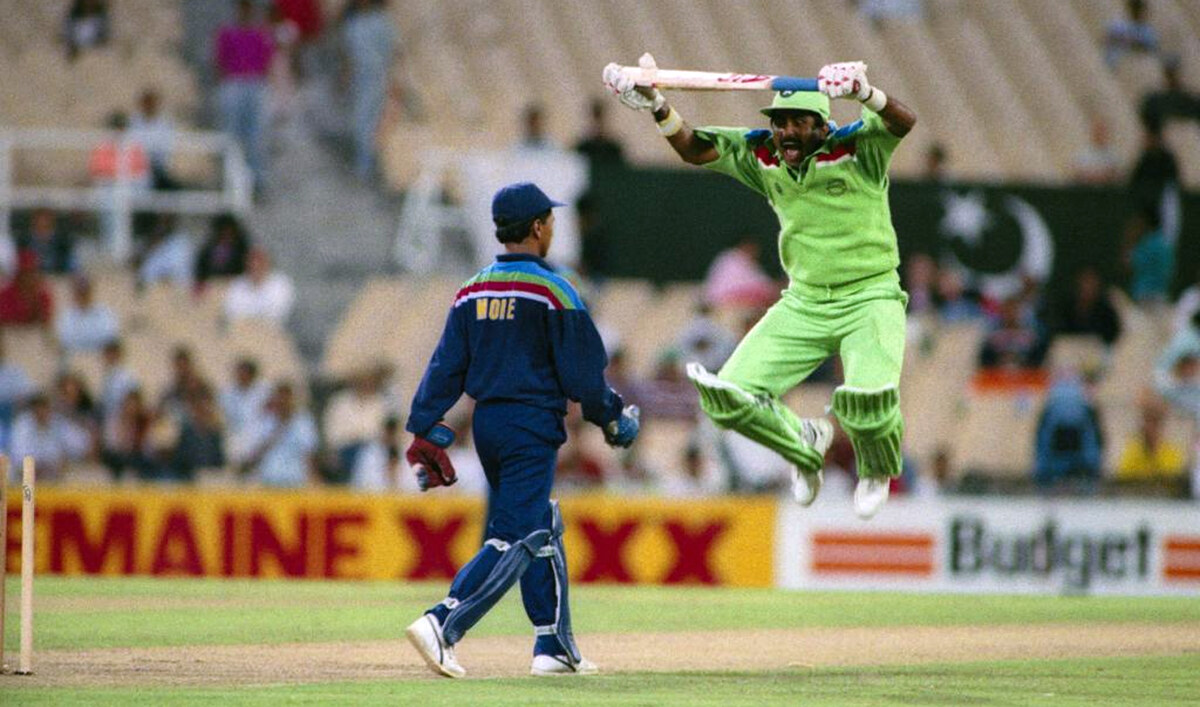
Pakistan’s Javed Miandad acrobatically imitates the over-enthusiastic Kiran More (left) during an ICC World Cup match played between India and Pakistan at Sydney Cricket Ground, in Sydney, Australia, on March 4, 1992. (X@cricketworldcup)
Commentators and fans saw the funny side but not Indian skipper Mohammad Azharuddin, who looked visibly furious at Miandad’s antics.
Opener Aamer Sohail was steering Pakistan’s chase in the 1996 World Cup quarter-final when a moment of rashness from the left-handed batter cost his team the game.
Chasing 289 for victory in Bengaluru, Sohail and fellow opener Saeed Anwar made the team race to 84 in 10 overs before Anwar departed.
Sohail kept up the charge as he hit Indian medium-pacer Venkatesh Prasad for a boundary and sledged the bowler with a finger pointed in the direction of the shot.

The screengrab taken from a video shows Pakistan’s Aamir Sohail gestures after hitting a boundary against Indian medium-pacer Venkatesh Prasad in the second-quarter final match between India and Pakistan in Bengaluru on March 9, 1996. (Screengrab/Social Media)
Prasad hit back, bowling Sohail next ball to a huge roar from the crowd and a send-off gesture from the bowler to derail Pakistan’s chase.
Pakistan’s usually cool Inzamam-ul-Haq infamously confronted an India fan in the stands at a match in 1997 at Toronto and the incident became a talking point for years to come.
Inzamam was standing at the boundary when an India supporter heckled the batter with chants of “Aloo” (Potato in Hindi), referring to the cricketer’s bulky frame.
When the calls became louder on a megaphone, Inzamam directed one of his players to bring a bat from the dressing room and was soon inside the stands to go after the heckler before security intervened.
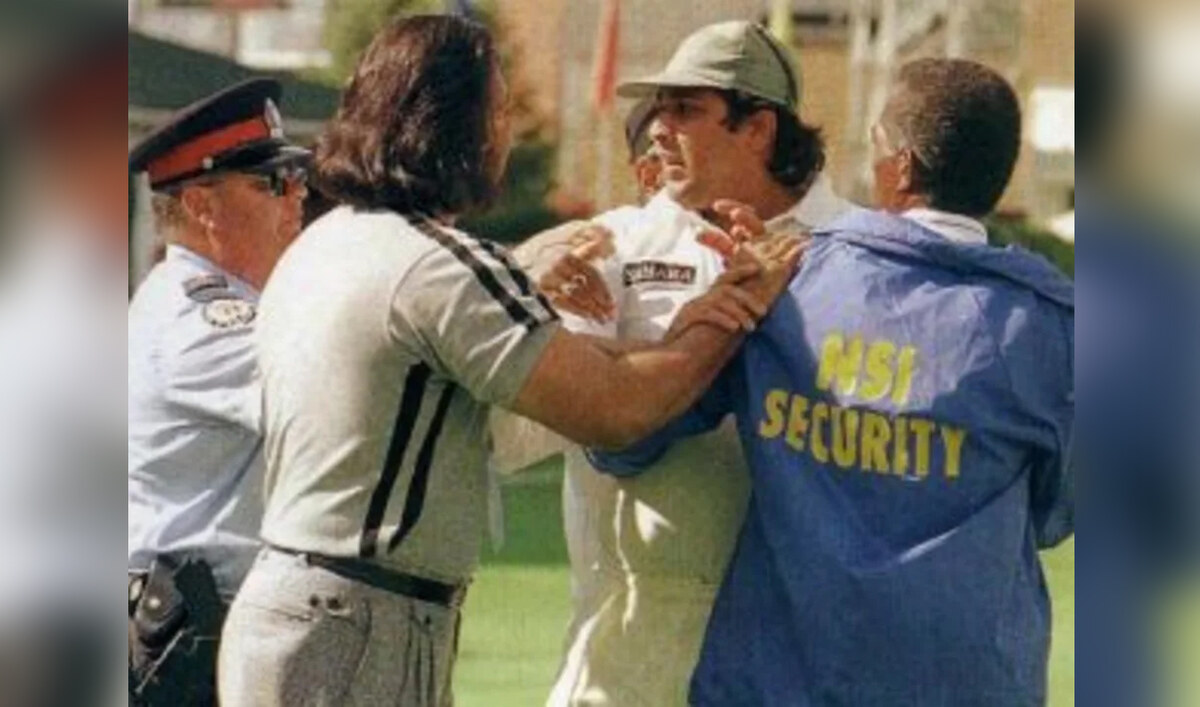
Security officials hold back Pakistan’s Inzamam-ul-Haq (second right) after a heated exchange with a spectator during the second match of the Sahara Cup between India and Pakistan in Toronto, Canada, on September 14, 1997. (Espncricinfo)
Inzamam was reprimanded for the act and years later said the chants were personal and abusive.
India batsman Gautam Gambhir — now their coach — smacked Pakistan spinner Shahid Afridi for a boundary in a match in 2007 and words were exchanged before the two nearly came to blows.
Gambhir and Afridi refused to back down after some verbal volleys and the batter and bowler collided — seemingly on purpose — in between a run.
The two again had a go at each other with expletives clearly visible in dramatic TV images, before the on-field umpire intervened to douse the fire.
Gambhir and Afridi have kept up the rivalry even after retiring and indulge in ugly exchanges on social media on cricket and politics.
Pakistan speedster Shoaib Akhtar never backed down from a fight but in a duel with Harbhajan Singh at the 2010 Asia Cup the Indian spinner had the last laugh.
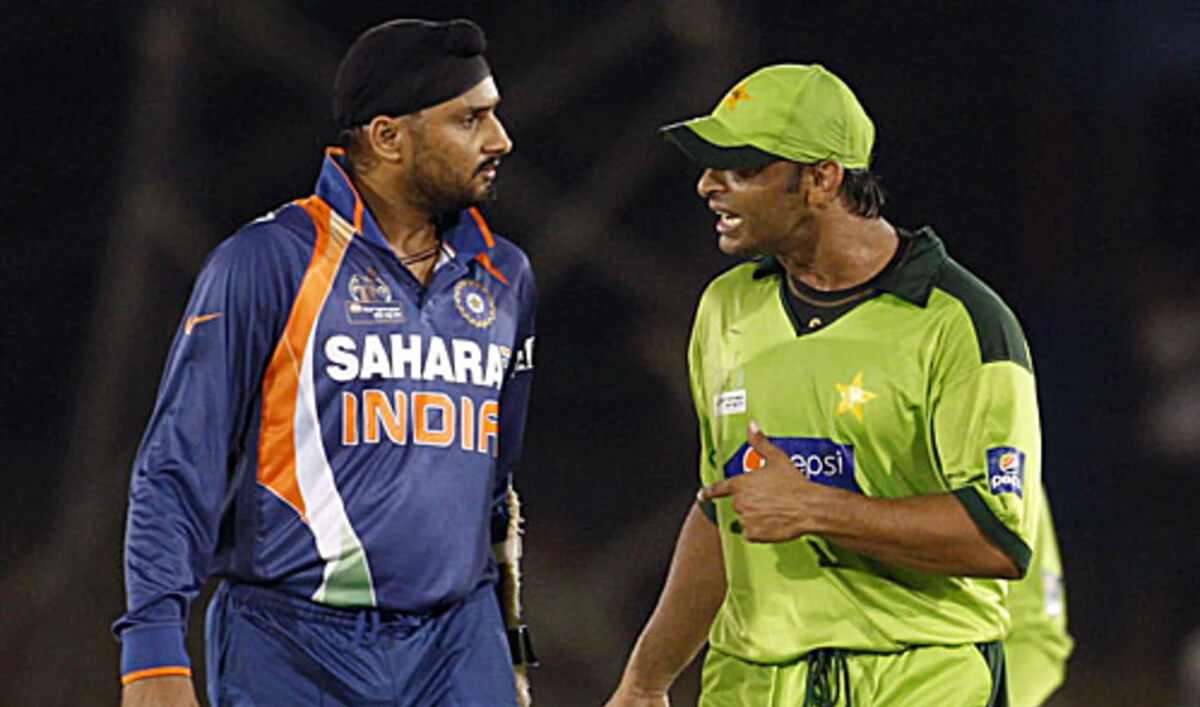
Indian cricketer Harbhajan Singh and Shoaib Akhtar engage in a heated exchange during the India vs Pakistan match of Asia Cup in Dambulla, Sri Lanka, on June 19, 2010. (AP)
Akhtar bowled a dot ball to tailender Harbhajan in India’s chase and threw a few sledges, but that only triggered the batter to hit a six for an India victory in the final over off Mohammad Amir.
HarbHajjan celebrated wildly in front of Akhtar, who told him where to go.
Akhtar and HarbHajjan recently playfully re-enacted the moment on TV in a promotion video for the Champions Trophy.




